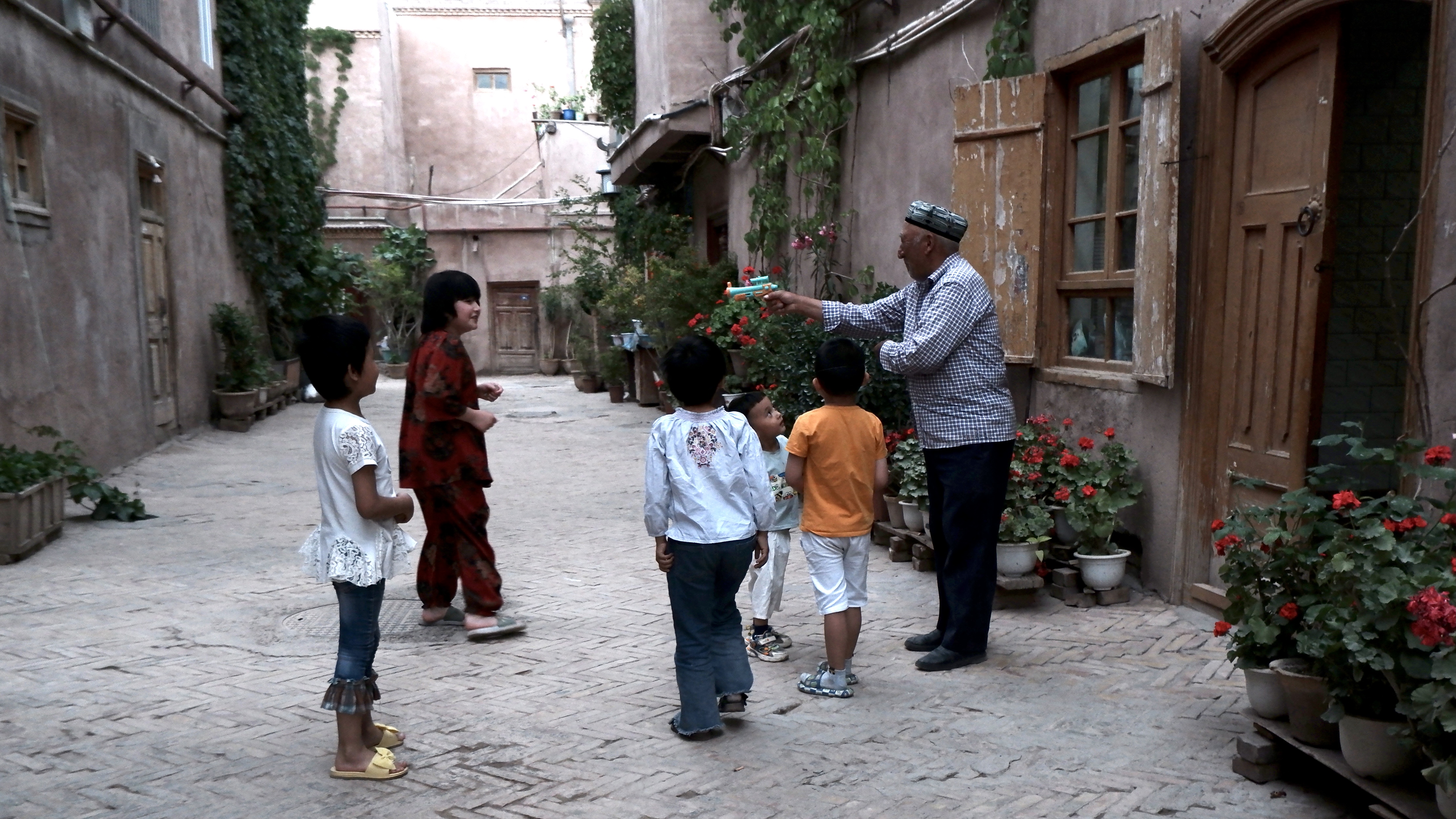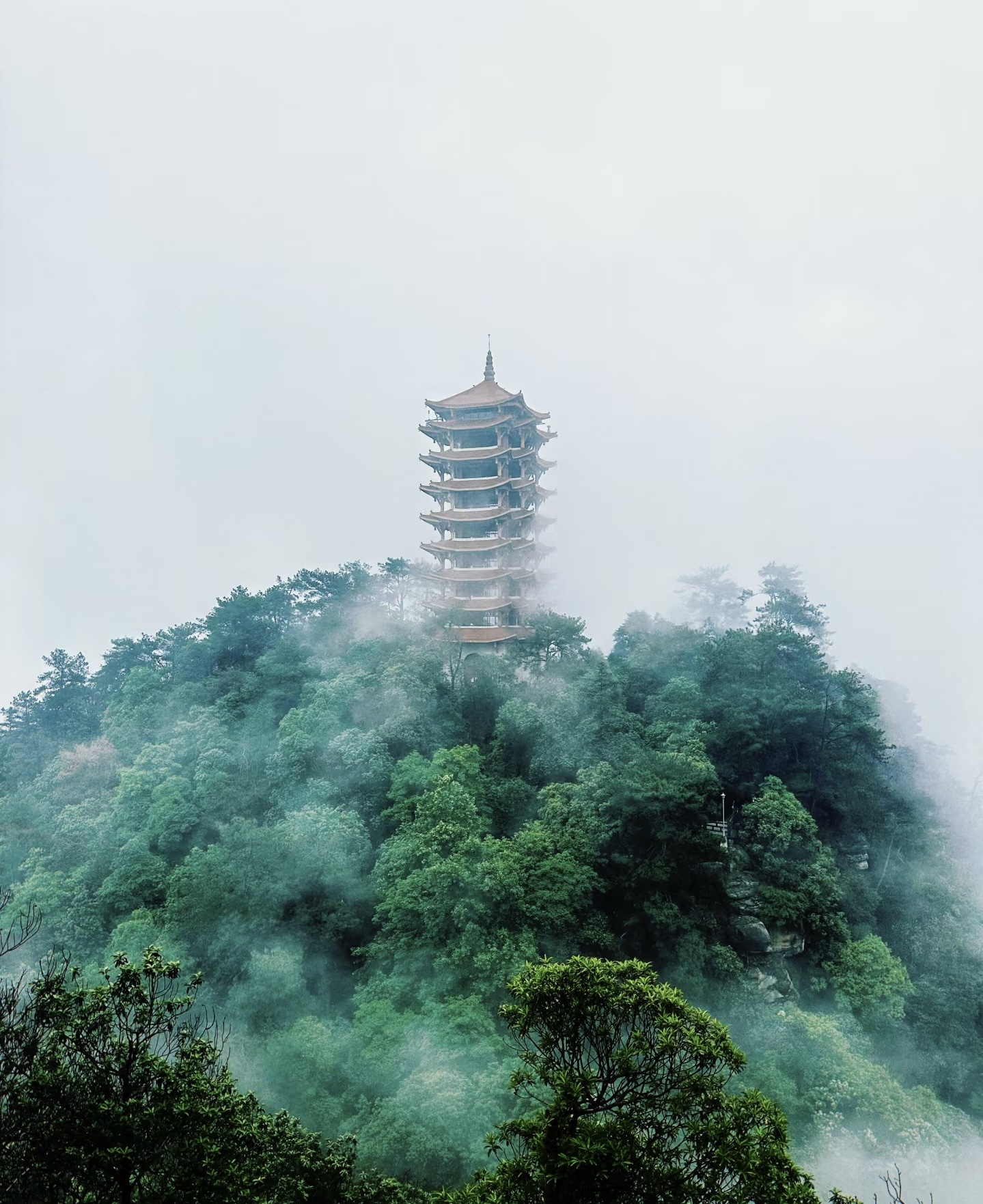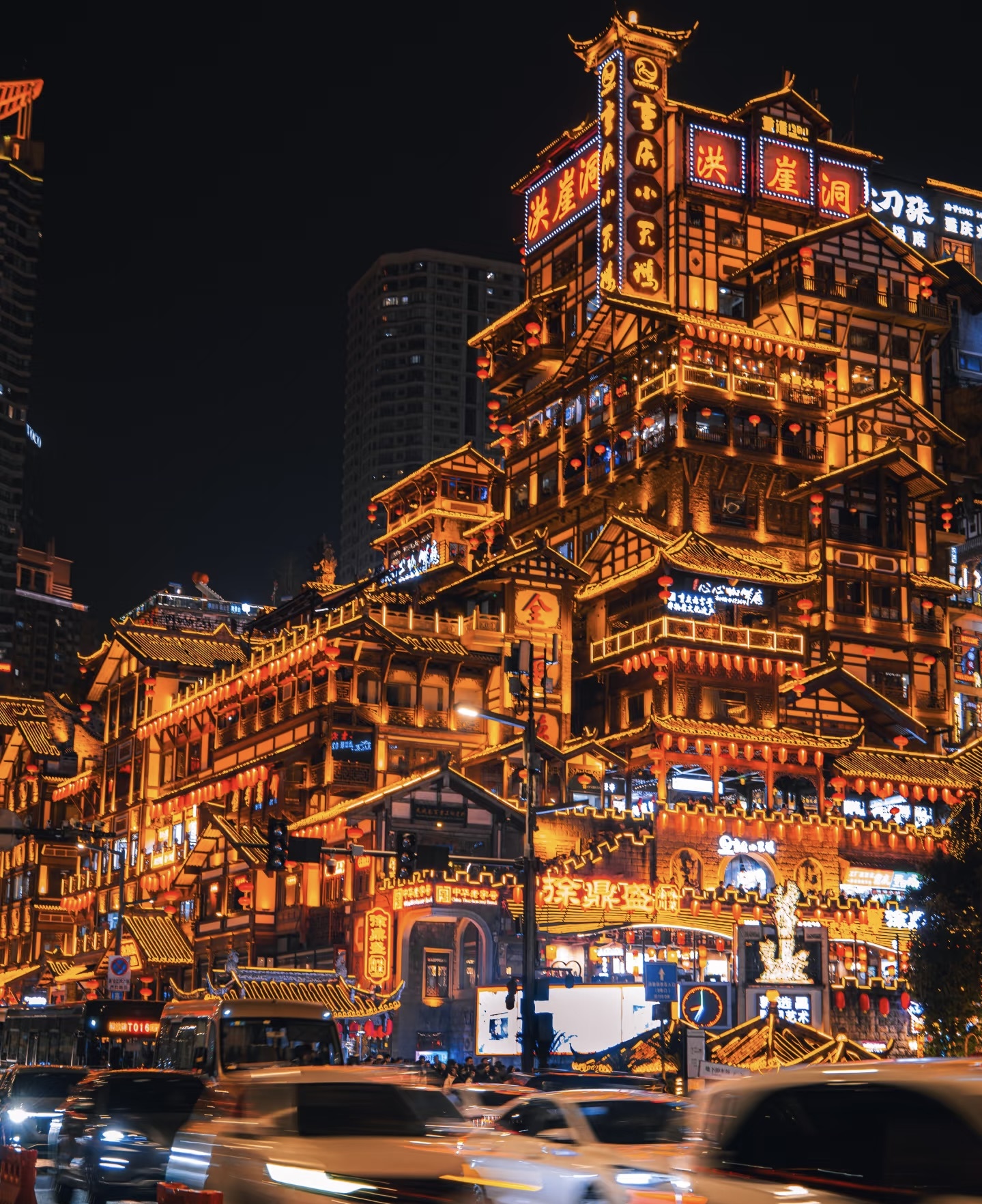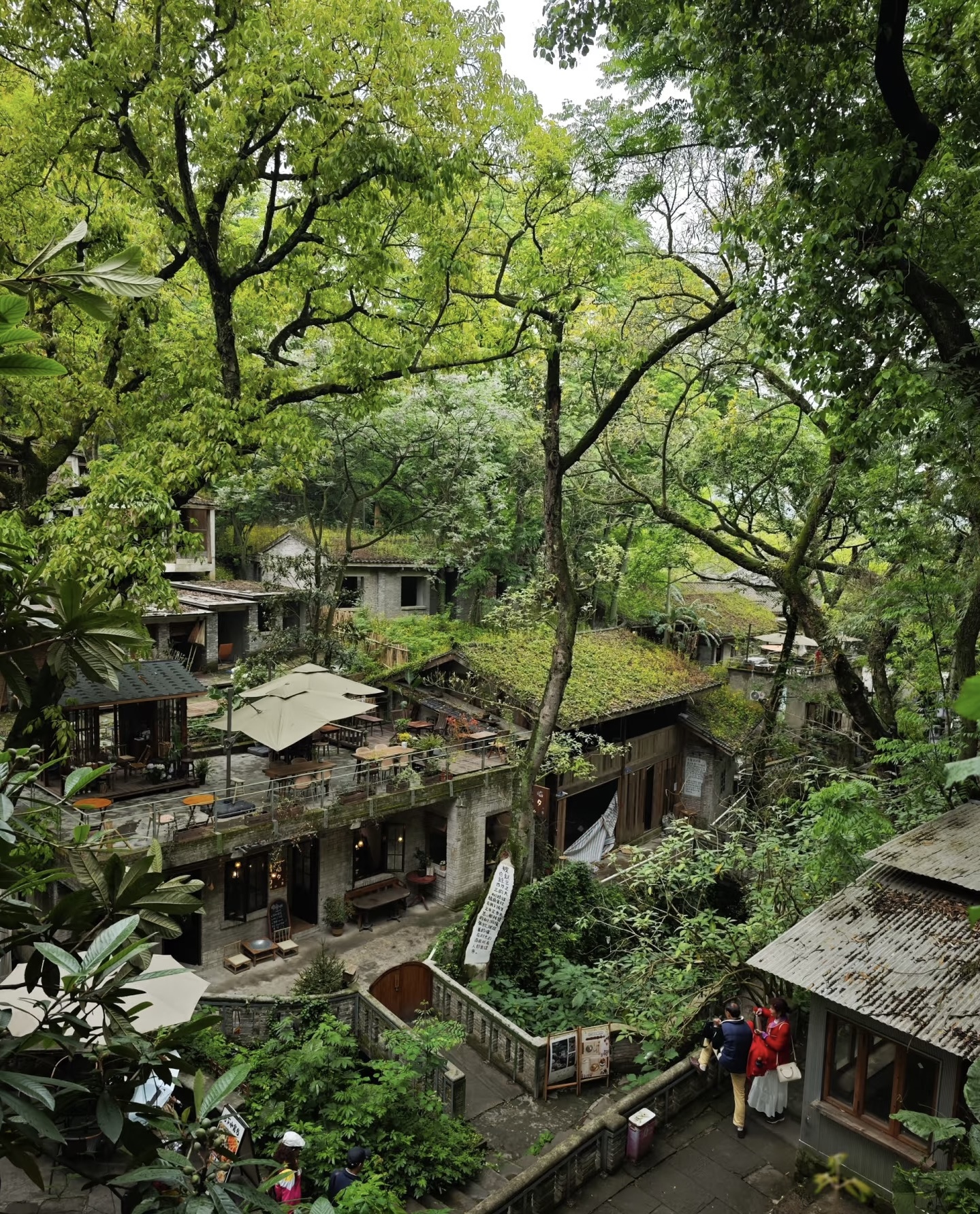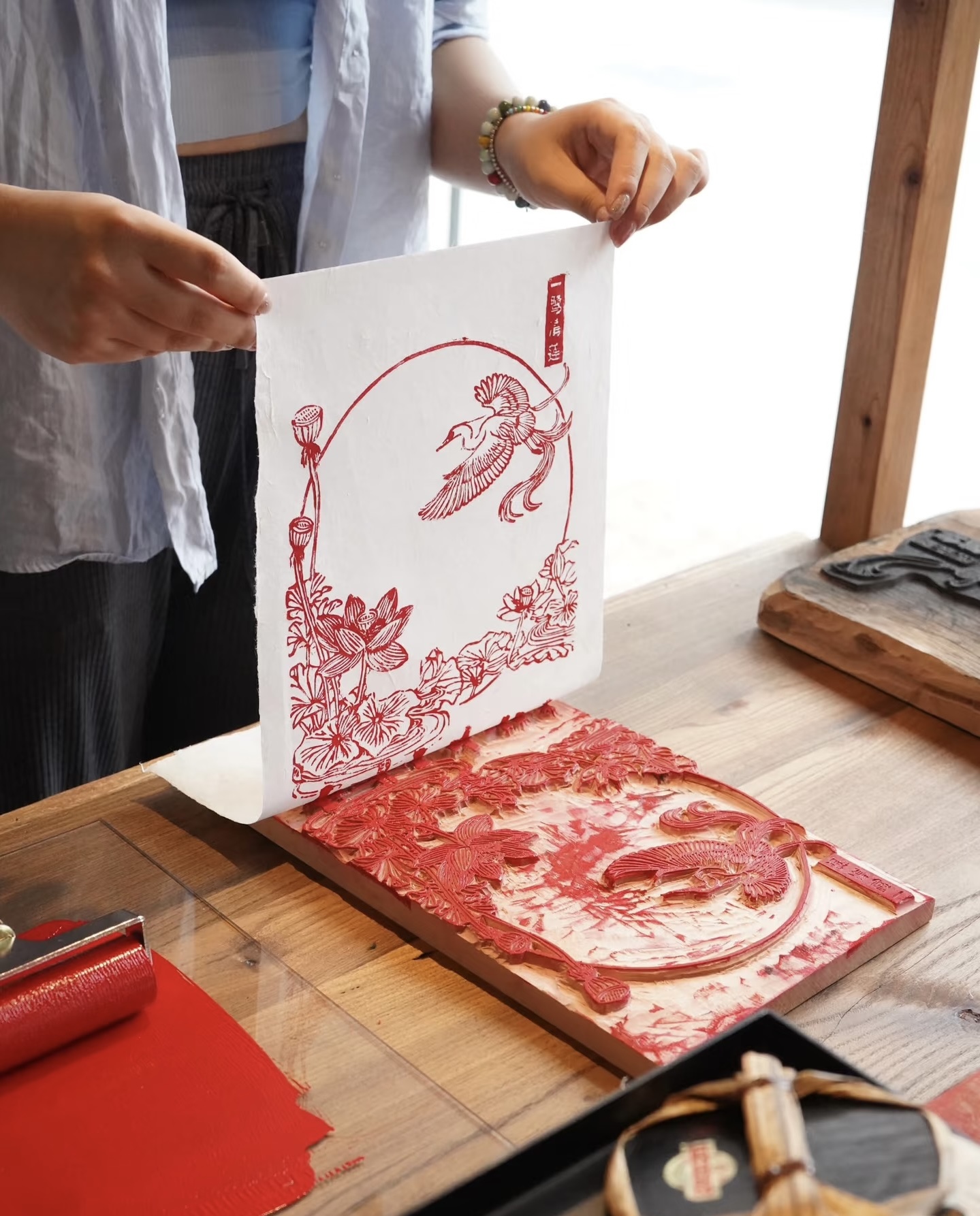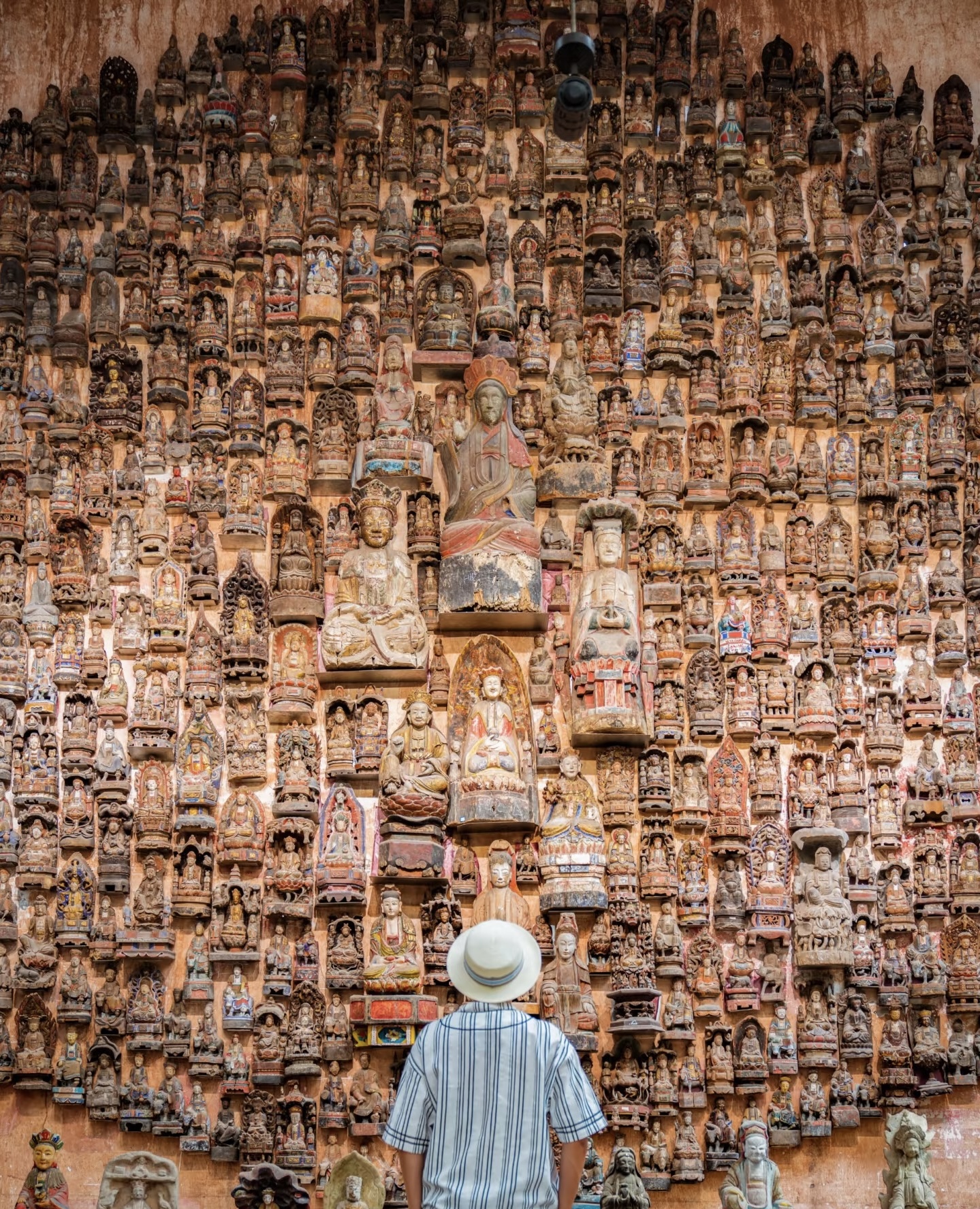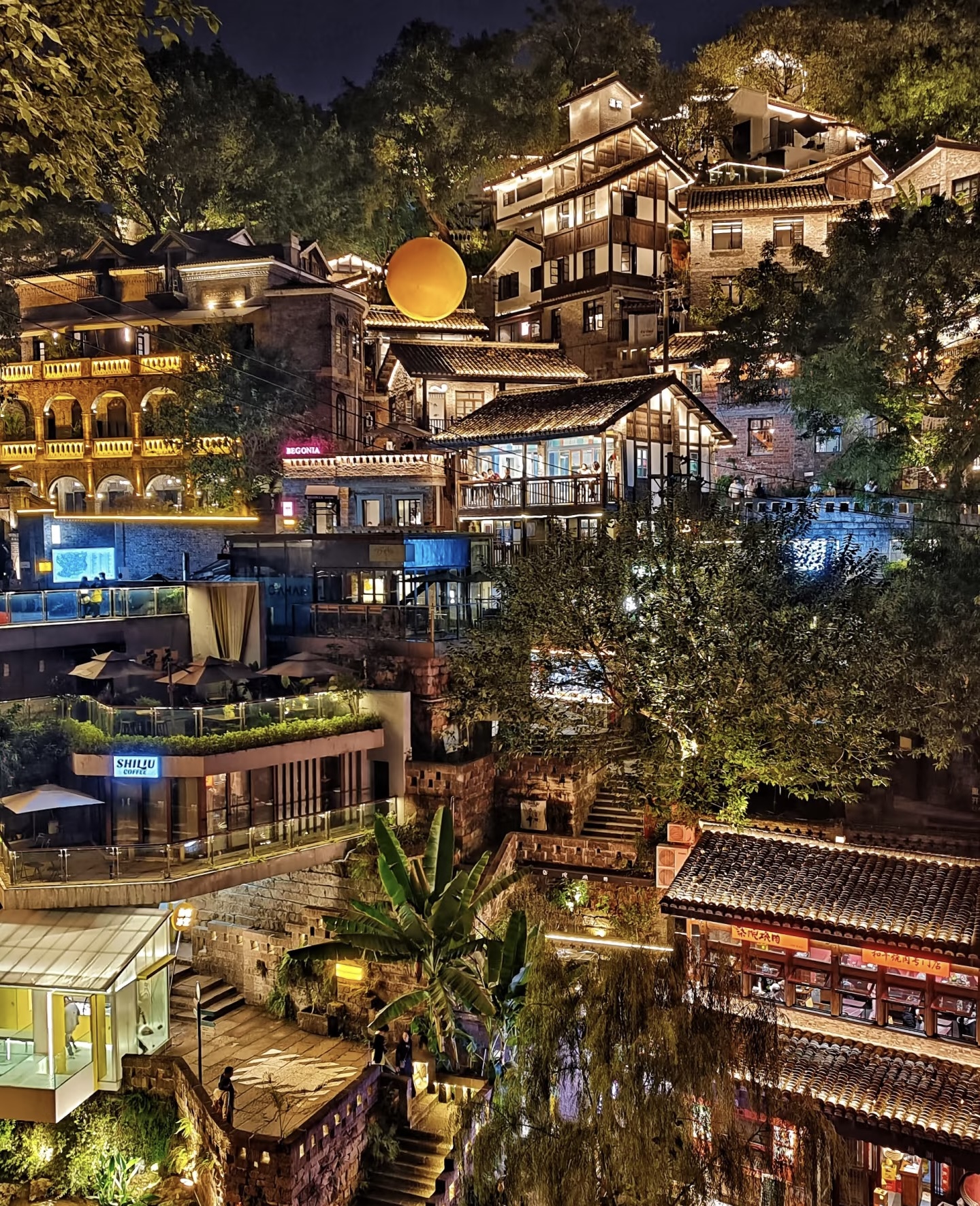From Gold to Crimson: A Journey Across Xinjiang
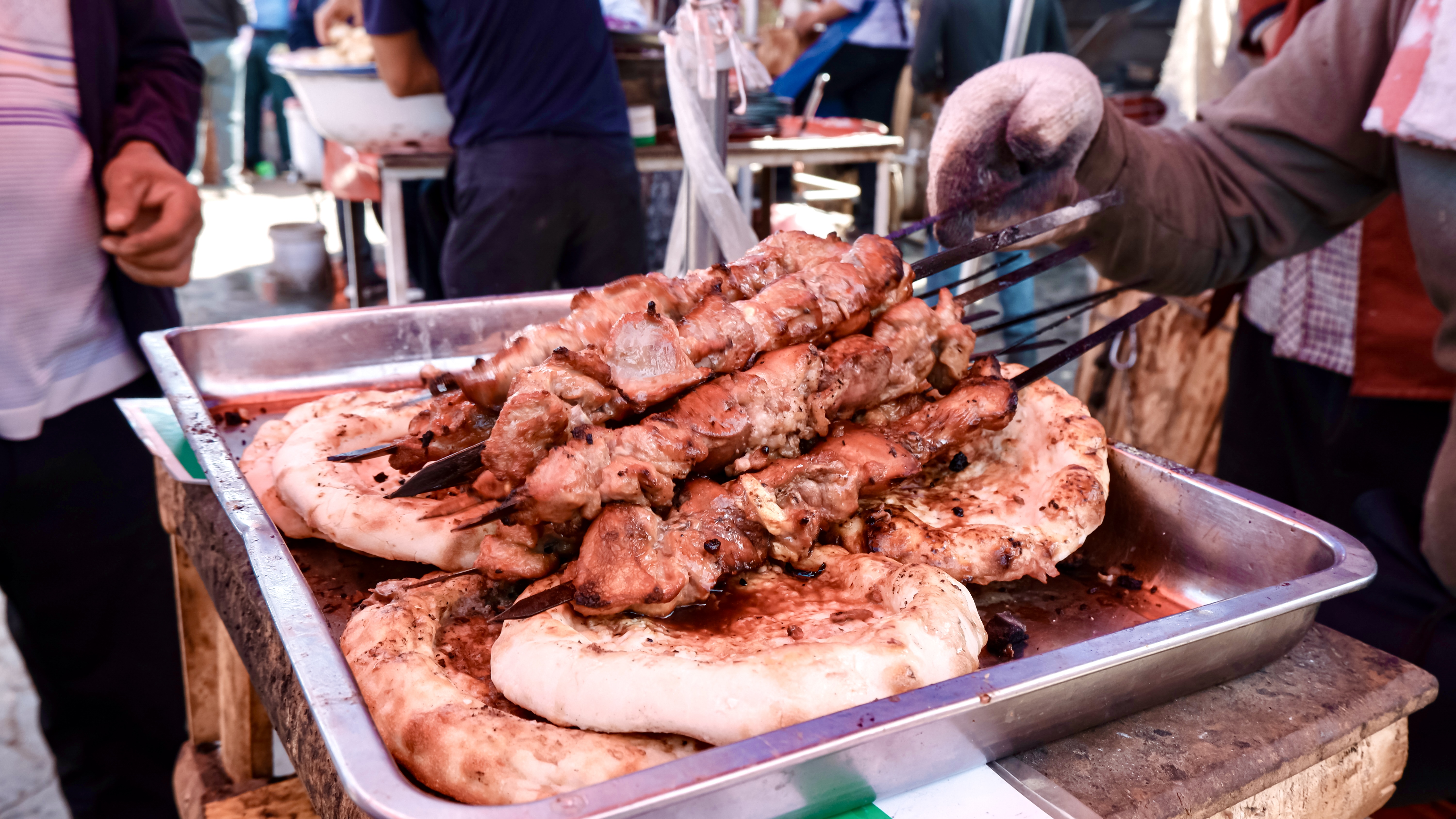
My journey through Xinjiang began in Kashgar, where honey-gold rooftops shimmered beneath a sky so wide it seemed to breathe. The city buzzed gently — a slow hum of footsteps in the old town, the scent of samsa baking in tandoor ovens, and the rhythm of a language older than borders. Uyghur shopkeepers nodded as I passed, their smiles creasing in the corners, as if we shared a secret about the pace of time in this ancient desert outpost.
Into the High Pamirs
Leaving the city’s warmth, the road curved toward the Pamir Plateau, rising into air so thin it whittled away thought. Karakul Lake appeared like a sapphire dropped by the sky itself, its surface unbroken, its stillness contagious. Yaks grazed in the wind-whipped distance. I met a Kyrgyz herder who offered tea inside a felt yurt; he spoke little, but his silence was fluent — a kind of conversation only mountains understand.
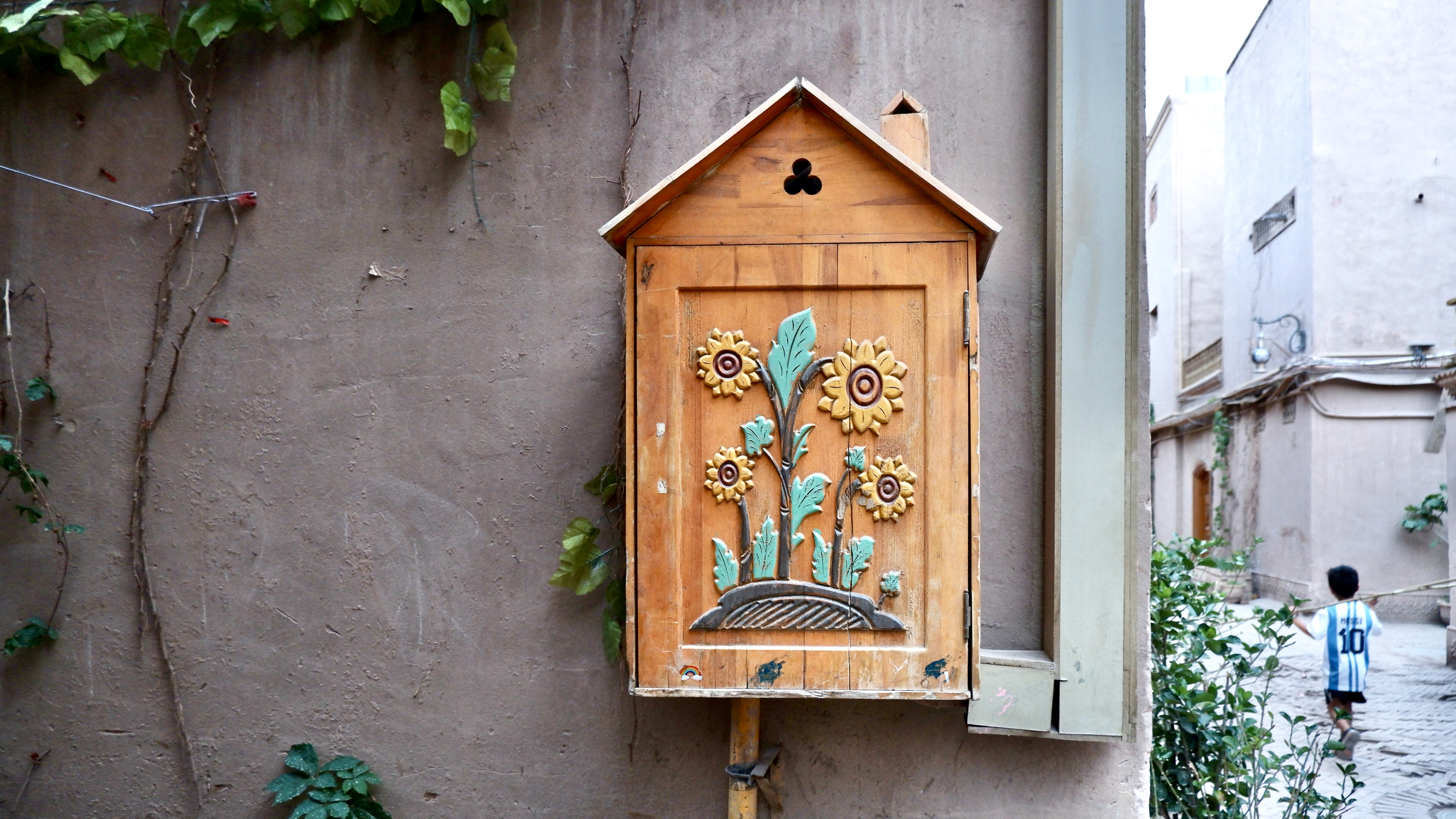
Through the Taklamakan
After stillness came starkness. Then came the desert.
The Taklamakan swallowed the horizon in waves of ochre and rust. My bus rattled down a narrow ribbon of highway, flanked by dunes that whispered of both beauty and erasure. There were no trees, no people — only dust, wind, and the sensation that I was shrinking. Yet there was peace in that smallness. The desert asked nothing. It offered no distractions — only essence: heat, breath, and vastness.
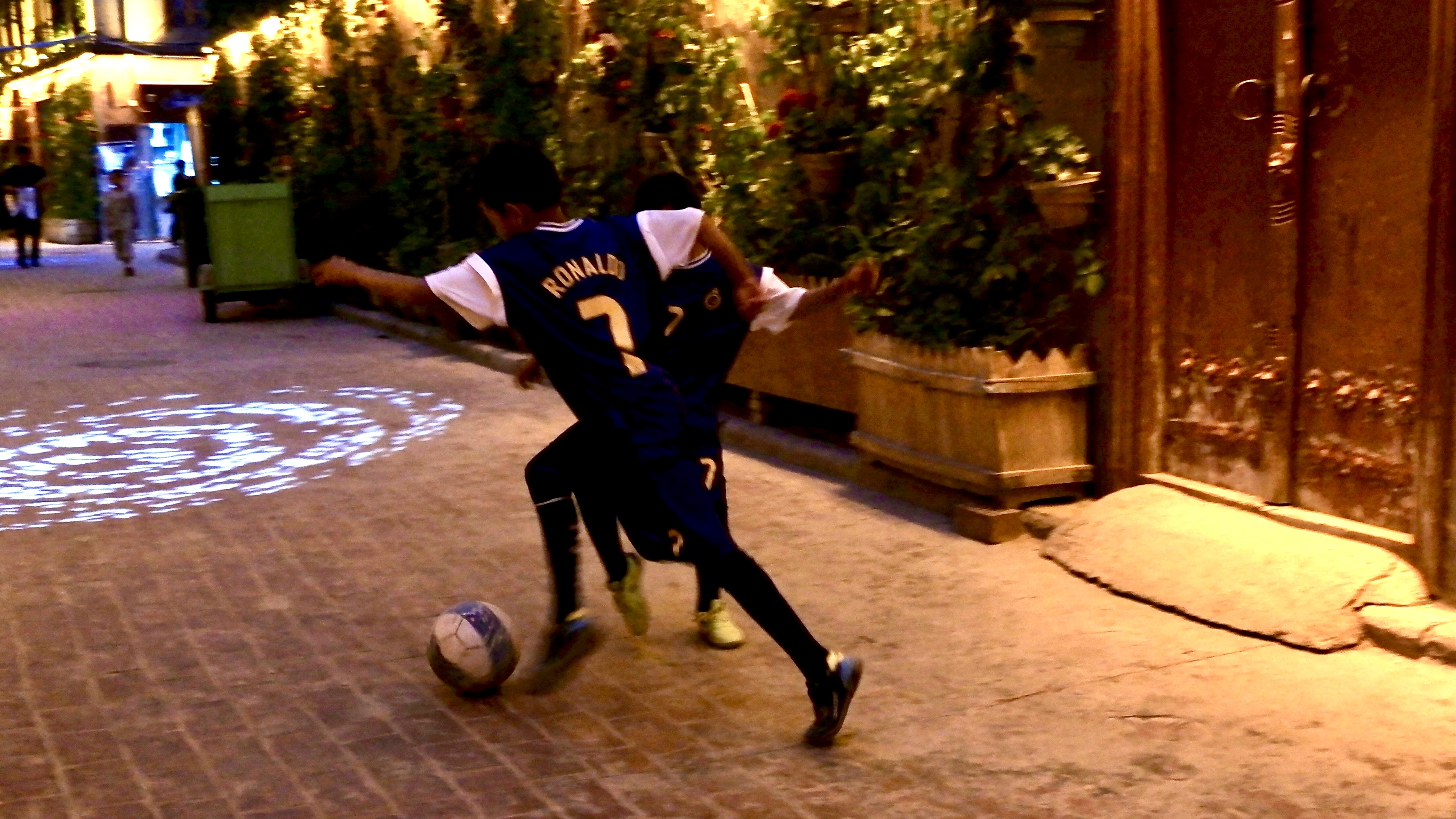
Wensu’s Painted Cliffs
At Wensu Grand Canyon, nature’s palette came alive. Crimson cliffs reared up like cathedral walls carved by wind and time. A sun so sharp it carved shadows with precision turned stone into flame. I wandered between rock faces that felt like the bones of the earth — raw, ancient, and reverent. Here, silence wasn’t absence, but presence. A fullness.
“Each landscape stripped something away — noise, certainty, time — until only awe remained.”
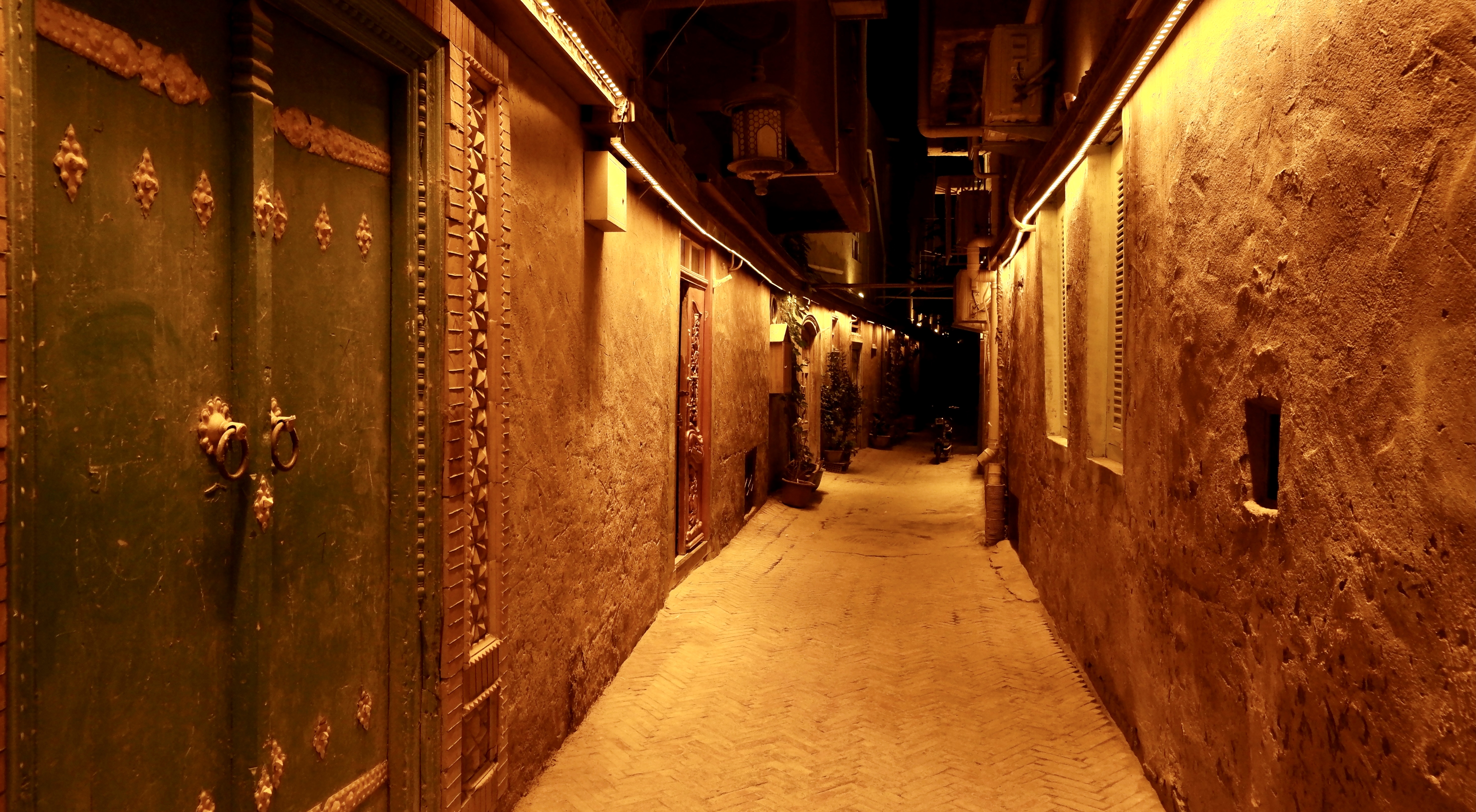
Why Xinjiang Changed Me
This wasn’t just a route through China’s wild west. It was a walk across thresholds — between cultures, between extremes, and into places both outside and within myself. In Kashgar’s alleys, in Pamir’s heights, in the empty rhythm of the desert, I found fragments of stillness that I carried long after leaving. Xinjiang didn’t just show me its landscape — it helped me listen to my own.
If you crave the feeling of being humbled by scale, stilled by silence, and welcomed by a culture shaped by resilience — Xinjiang is waiting.
